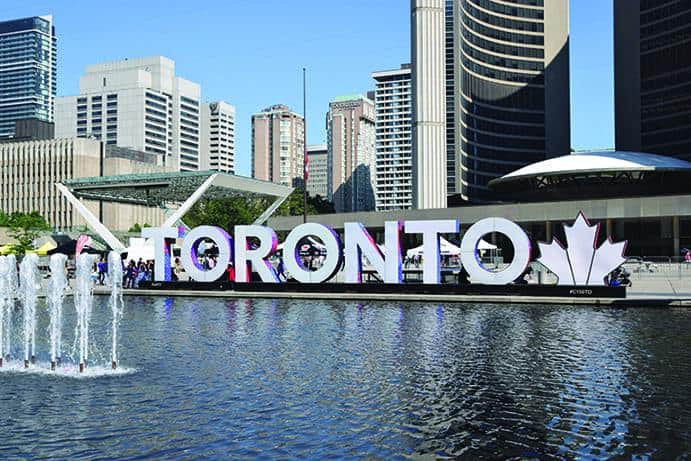Missing and murdered Aboriginal women: a white people’s issue

Working to create awareness for these horrible occurrences
As university students, it’s an important skill to be critical of our surroundings and our privilege. When we become critical thinkers, we can then examine and change the world we live in for the better. Many students and people are unaware of what’s going on with missing and murdered Aboriginal women in Regina, as well as Canada. The Carillon sat down with Dr. Shauneen Pete to explore an issue that has been long ignored by our government. Granted, there should have been attention paid to this issue long ago.. Let’s not forget when Prime Minister Harper stated that missing and murdered Aboriginal women were not on his radar.
Dr. Pete sat down with the Carillon to discuss the issue and how the student body at the University of Regina can help. It can be narrowed down to always staying informed and active.
Dr. Pete, who hosted a symposium regarding missing and murdered Aboriginal women in March, states that, “One thing I saw was that students who participated in the panel is that there’s a desire and a willingness to learn”.
Basically, the lack of apparent awareness at the university is a result of “a struggle to find courses that facilitate [Indigenous issues] for arts and science,” she says.
Faculties like engineering are only offered three electives throughout the course of their four-year degree, and the issue, as Dr. Pete describes, remains that, “students will have to maintain an interest in women and gender studies and Indigenous studies to get to the core issues.” Many people will only take 100-level classes because they are unable to branch out from their coursework.
However, the university is getting better at Aboriginal inclusivity. Dr. Pete brought up numerous courses and seminars within the education faculty, something that U of R students should also be aware of. The faculty has taken steps forward to include treaty education, a two-day workshop where students are responsible for their own learning, which will be incorporated into their pre-internship. There are going to be workshops offered during the summer at the Centre for Teaching and Learning for faculty members, which, as Dr. Pete explains, will focus on “designing courses to include an Indigenous curriculum more broadly.” Her goal is to shift faculty thinking and allow students to “take time for social issues”.
These are fantastic strides for the university, but we can still do better, Pete thinks. She believes that the lack of Aboriginal education at the university is because the faculties believe they have “curriculums to push through… and are less likely to concentrate on Indigenous issues. It requires a shift in thinking by faculty to embrace emerging curriculum expressed through meaning.”
The barrier between white and Aboriginal women’s experiences is very stark., which Pete explains.
“In this country, in this city, who is made subordinate is the Indigenous community, and when you bring gender into it, [Indigenous women] are the most oppressed.”
White women not being intersectional feminists makes it a lot harder to bring equality into the mix, as well.
“It gets messier”, she says. “The layers of complexity are then discussed. We then have to wonder, what is the role of education and university? We have to make our education not only cultural, but anti-oppressive as well. “
Dr. Pete encourages everyone to attend the Smudge Walk in North Central Regina happening on Jun. 1 to kick off Aboriginal History Month. She says that this event will be great starting point for citizens of Regina to “break through their fear and get to know who’s out there.”
She concluded the interview by quoting John Ralston Saul’s The Comeback: “This is actually a white people’s issue. It’s about correcting the structural denial of social inequality directed towards Indigenous women.”
This statement is something that I believe the students, particularly the white population, at the University of Regina should reflect on. We all have a part to play to make Aboriginal women’s issues more visible to the community and the world at large, so what is going to be our role?









